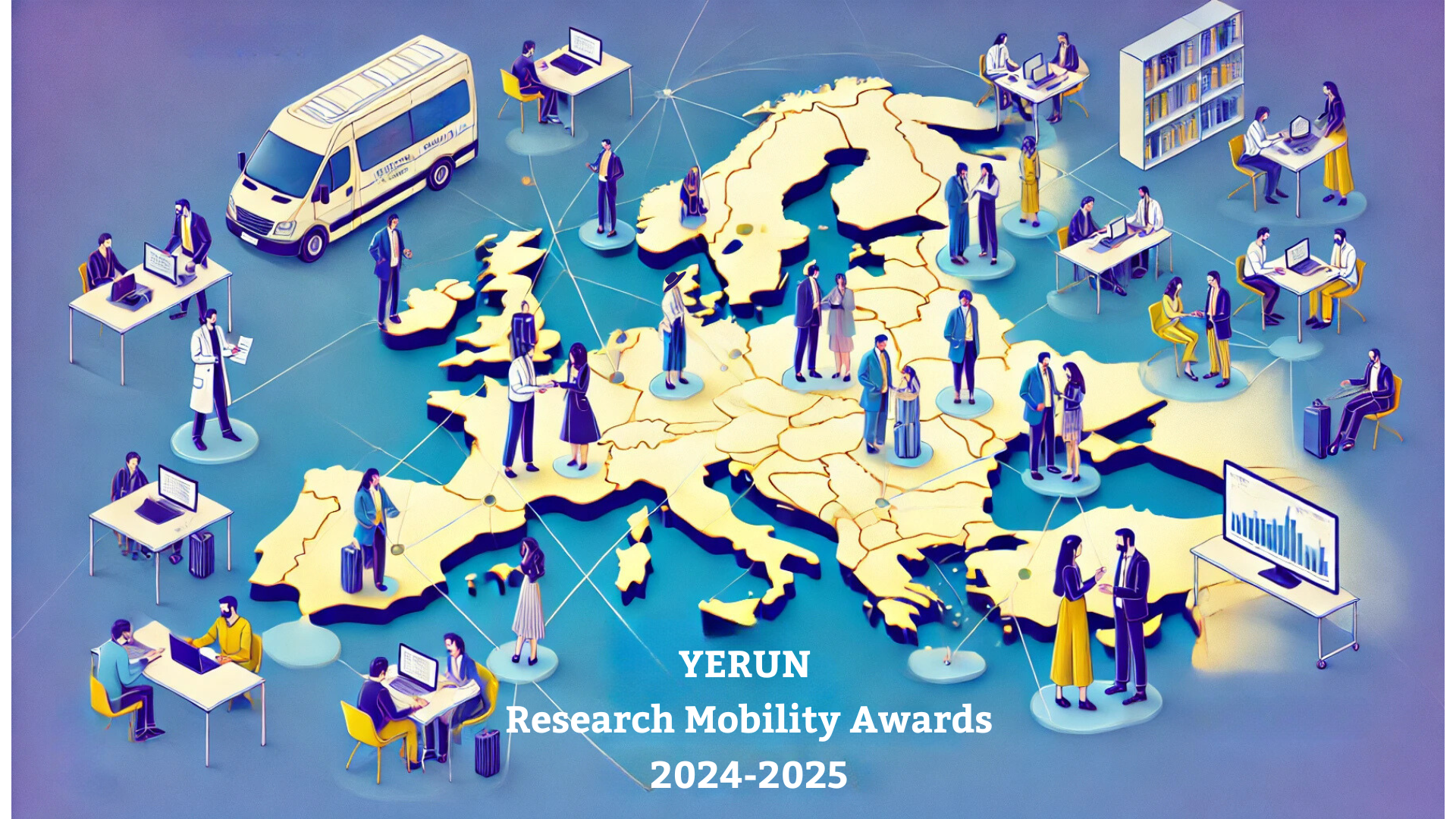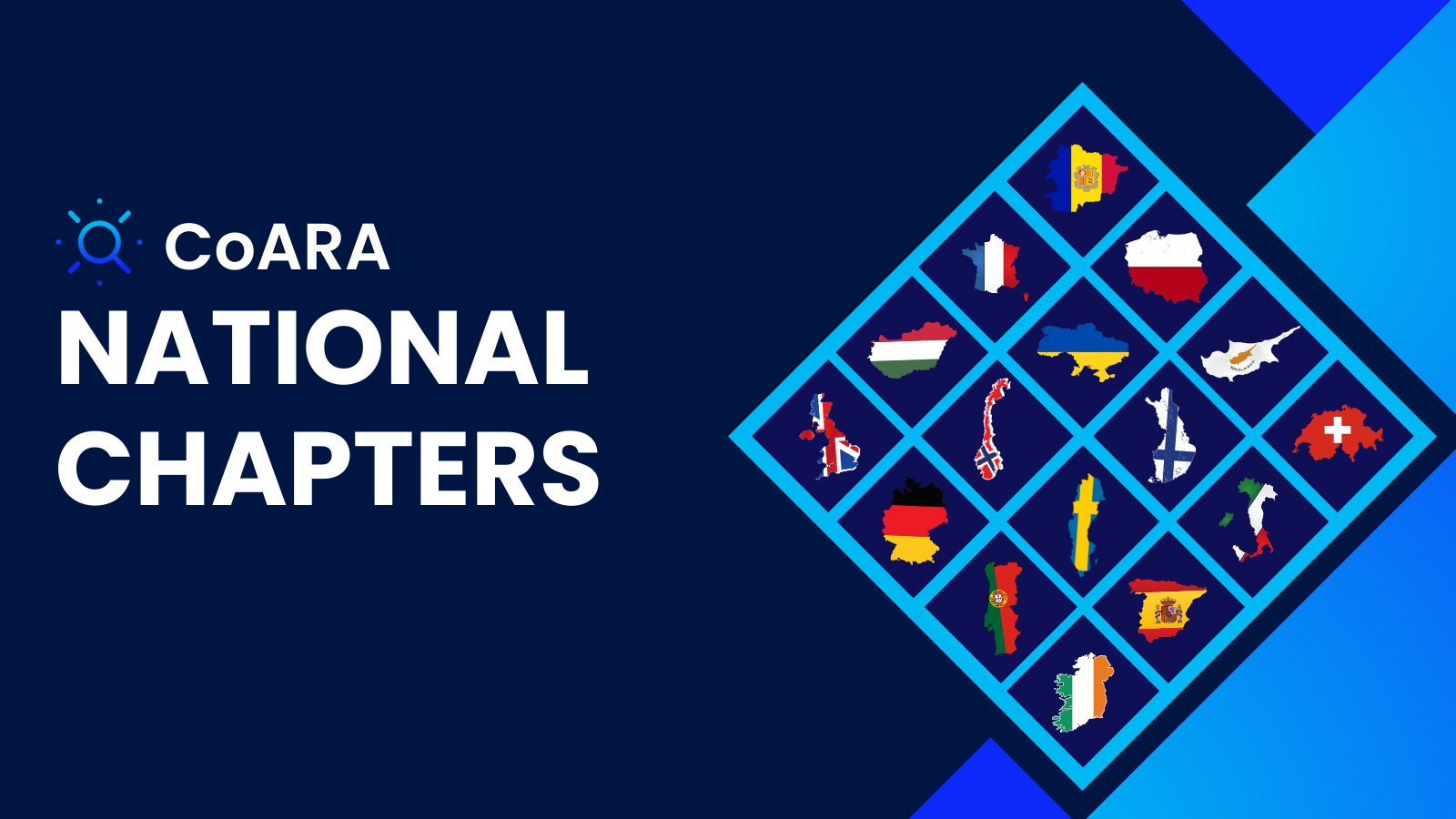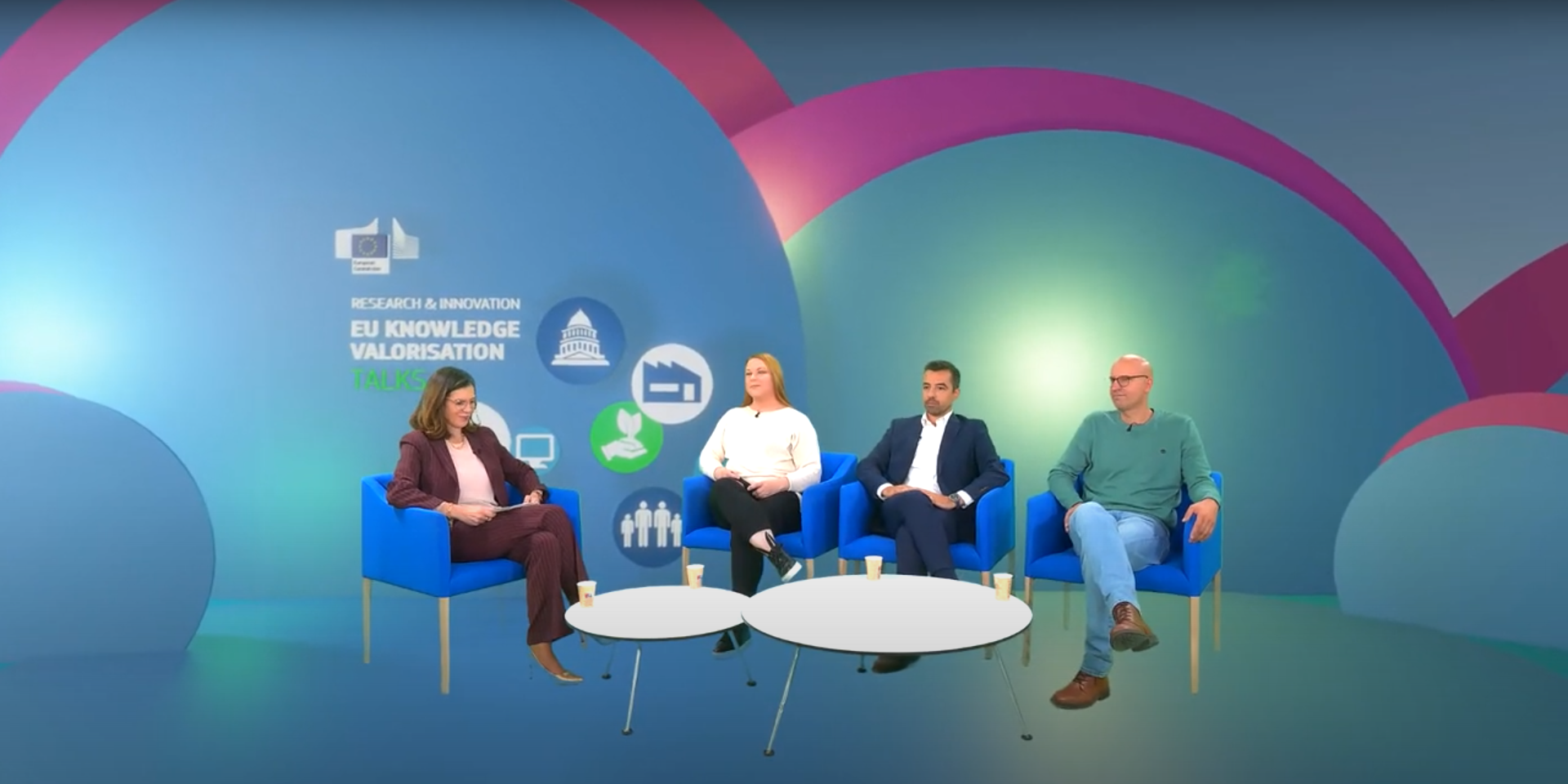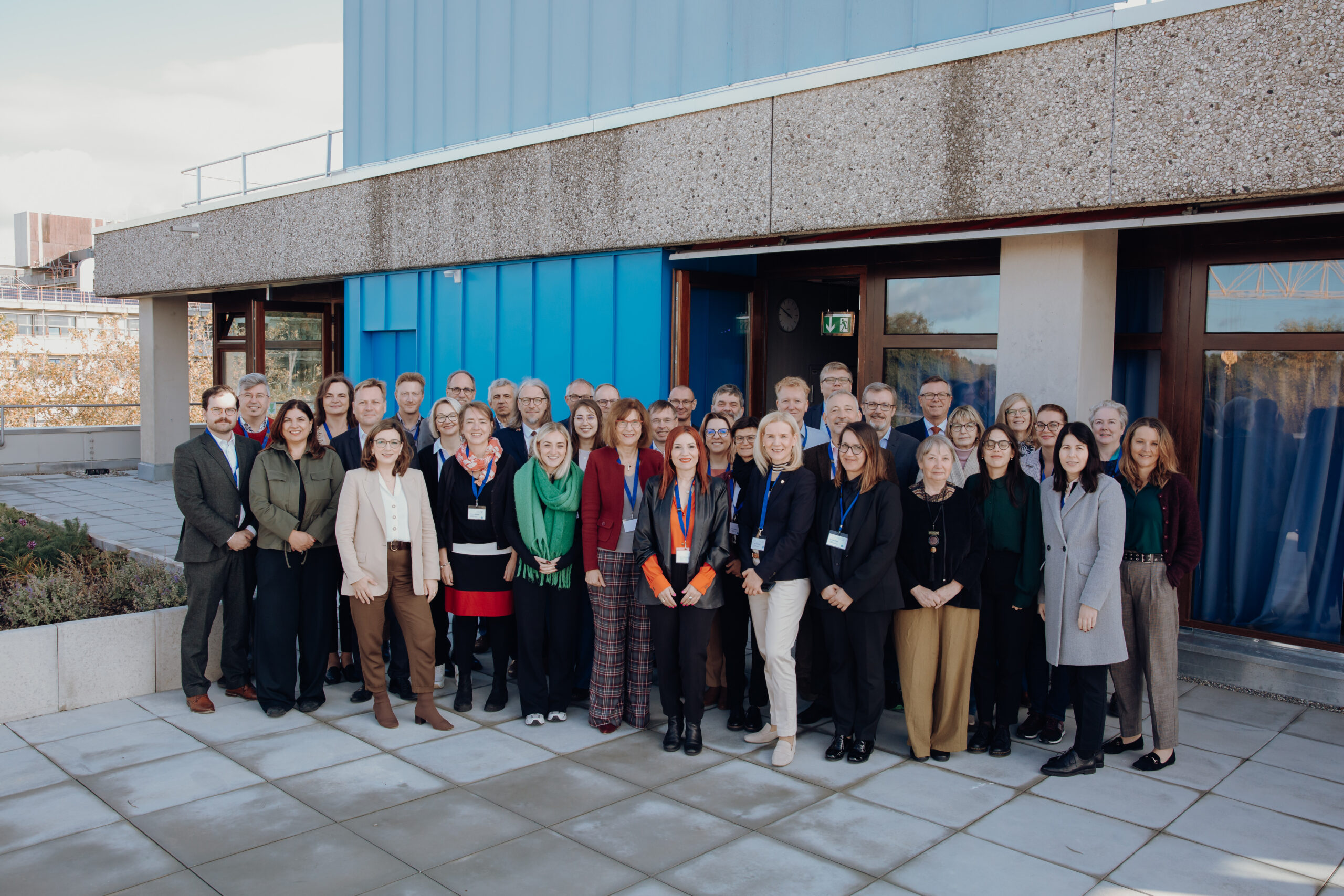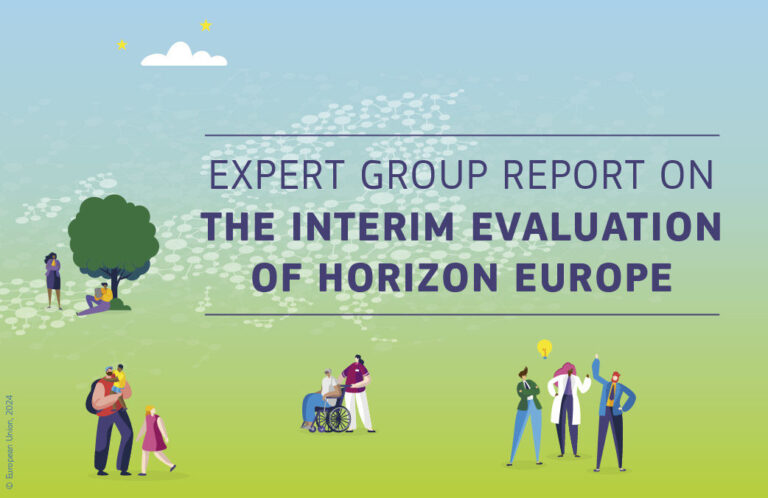by Dr. Sarah Brady [MicroCreds Project Lead] Graduate and Professional Studies, University of Limerick; Niamh O’Mahony, Graduate and Professional Studies, University of Limerick, and Geraldine Carroll, Graduate and Professional Studies, University of Limerick.
.
The University of Limerick (UL) has embraced the opportunity to incorporate Micro-credentials into its academic landscape. This ‘pro-learning pathways’ approach reflects a broader shift in the global educational paradigm, emphasising the importance of agility, lifelong learning, and specialised skill acquisition.
What are Micro-credentials and why are they important?
Micro-credentials are bite-sized, accredited, enterprise-powered qualifications that allow learners, particularly workplaced learners, to gather skills and competencies in a flexible, fast and affordable way. Micro-credentials are designed so that enterprises can readily recognise and integrate critical skills into their workforce, while also supporting staff to develop their own career goals in a highly customisable way.
The importance of these short courses has been recognised by both the World Economic Forum (WEF) and the OECD; with the WEF highlighting the value of micro-credentials for accessing and nurturing job-ready talent (WEF, 2023), while the OECD has pointed to the importance of strengthening recognition for lifelong learning by putting a value on it in the form of micro-credentials (OECD, 2023) .
Understanding the needs of, and collaboration with enterprise is part of UL’s fabric as a young and entrepreneurial university, an understanding which is grounded in decades of delivery co-operative education, the mandatory work placements within its undergraduate programmes.
Adoption at UL & Ireland
The adoption of Micro-credentials at UL, first started in 2016, was prompted by this keen understanding of the changing world of work and the need for individuals to continuously up-skill or re-skill throughout their careers.
Micro-credentials allow learners to achieve specific competencies, acquiring skills that are directly applicable to their chosen fields. Obvious benefits to be gained relate to the improved employability prospects for learners, as Micro-credentials offer a means to ensure that knowledge is up-to-date and aligned with enterprise trends and expectations. Additionally, through the diversity of offerings, learners enhance their personal development as they explore personal passions and broaden transversal skills to complement their skills repertoire. Micro-credentials seek to reimagine learners’ relationship with lifelong learning, empowering them to re-ignite and re-engage with education.
Globally, trends are moving towards these forms of micro-learning. Nationally, the MicroCreds project is leading efforts by establishing a national collaborative framework to promote adoption of Micro-credentials at higher education. The aim of MicroCreds is to address many of the barriers to participation in lifelong and life-wide learning, including time constraints for learners and inflexibility in current programme provision and delivery. Coordinated by the Irish Universities Association (IUA), UL together with six other IUA universities are piloting and evaluating the project’s framework as well as developing a pipeline of Micro-credentials for the open market and have recently launched their discovery portal available at www.microcreds.ie.
Performance
Since their introduction at UL has enrolled hundreds of learners. These professional learners, tell us that Micro-credentials have led them on transformative journeys of professional and personal development of up-skilling and re-skilling. Employers too, have noted the competitive edge achieved through up-skilling their talent pool as high impact.
Future & Conclusion
As global digitisation drives job crafting and the implementation of organisational sustainability policy creeps up the enterprise agenda, higher education institutes need to be ever aware and responsive to emerging trends and changing learner demands.
Drawing on European and national skill literature to inform our Micro-credential portfolio, UL will continue to work through regional and national partnerships to foresight key skill requirements. With networks including the MidWest Renewables Education and Training Cluster, the MidWest Regional Skills network, Explore Engineering, Learning Limerick, Expert Group on Future Skills Needs and Enterprise Ireland Spotlight on Skills), UL will work with partners to create shared spaces from which to co-design tailored offerings.
Innovation to Higher Education systems, including readiness of operational systems and processes to meet learner demand will require long-term investment as universities infrastructure adapts. However, the integration of micro-credentials into UL’s educational framework marks a progressive step toward a more dynamic and responsive approach to learning. The positive reception from learners and employers, underscores the significance of micro-credentials in preparing individuals for the challenges of today’s world of work.
Visit the University of Limerick to learn more about micro-credentials at UL: https://www.ul.ie/gps/microcredentials
References
OECD. (2023). Micro-credentials for lifelong learning and employability. Paris: OECD Education Policy Perspectives.
WEF. (2023). 4 ways micro-credentials and skills-based hiring can help displaced workers access jobs of the future. Davos: World Economic Forum.
.


